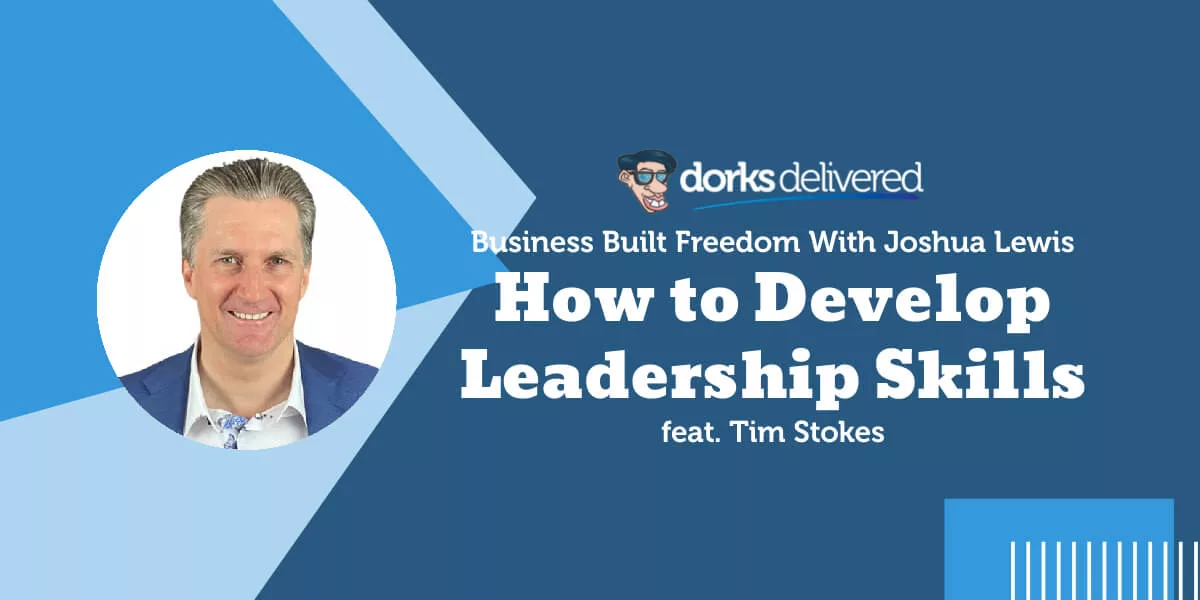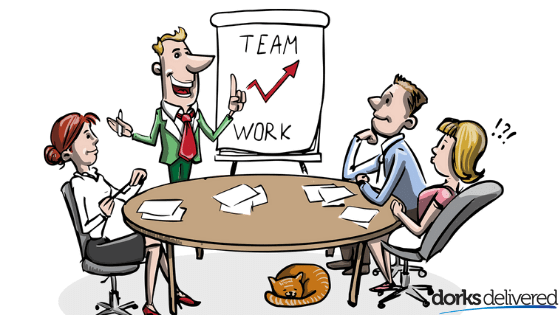Are you questioning your leadership potential? Are you seeking to cultivate your leadership abilities and establish yourself as a leader? Tim Stokes from Profit Transformations offers insight into how to become a leader and maintain leadership development within your organization. Listen to our podcast or read below as he delves into the importance of developing leadership skills and the key aspects of being a successful leader.
What is a leader?
In your opinion, what is a leader?
Leadership is the ability to inspire and guide others towards a common goal. A leader is someone who can influence and direct others, with the goal of creating a positive impact and bringing about change. A successful leader possesses strong communication skills, empathy, and a sense of servitude, as they are there to serve their followers and empower them to take on leadership roles themselves. The ultimate goal of leadership is to make yourself redundant by creating a self-sustaining cycle of growth and development.
Is leadership a gift?
Tim believes that we’re all leaders, but we just probably don’t recognise that we are because we all influence other people. At home and in business, you are a co-leader, because sometimes other people lead, while sometimes you will lead.
“As a parent, you’re a leader because your children are watching you, they scrutinise everything that you do. I remember watching my daughter look at me when she was about three years old, and she looked at me and then she adjusted her posture.”
How do I develop leadership skills?
Some people are born leaders, but the rest of us are going to figure out how to develop leadership skills by trial and error, by the results that we have and the effect that we have on people.
Developing leadership skills requires a combination of experience and proactive learning. While some individuals may possess innate leadership qualities, others can improve their leadership skills through trial and error and by observing the impact they have on others. Another option is to seek out opportunities through courses, training, mentorship, or workshops that can greatly benefit individuals in their personal and professional growth.
Do you need help with business process optimisation? Learn how you can remove time leaks and poor systems using technology.
How can I be a good team leader when working remotely?
No matter whether you are operating your business from in the office or anywhere in the world, effective leadership also involves establishing strong relationships with employees and fostering
Tim believes that the emotions that you share with your employees are what they pass on to their customers.
“It’s about being there for them and supporting them. It’s about constantly being in touch to show that you care about them and care about the work they’re doing. It’s recognising and appreciating the work they’re doing. Check in with your employees too. It’s not assuming that they are okay on their own, it’s finding out all the time. I think regular conversations are crucial.”
What is the most important thing you have learned about leadership?
Conducting a weekly team meeting allows you to address the collective and the individual at the same time. People like getting together and hearing from other people’s point of view.
Tim also has a rather unique way to improve communication and excel as a leader: “I found that clients that I’ve set up the weekly team meetings with and then introduce numbers to employees use the word ‘love’. You might think it’s a bit scary to do that initially, and sometimes there is a little bit of resistance from the business owners to do it as well as when trying to get the employees to do it. It takes a few months, but employees will often start to use it.”
What business freedom means for Tim?
Tim believes that business freedom is a state of mind. “I got a client who goes surfing in a remote place in Indonesia for two months, sometimes three. That’s business freedom for you.”
It’s the choice to do what you want, when you want, with whoever you want, wherever you want.
Do you want to remove repetition so your staff can do more productive tasks they enjoy? Let’s have a free discovery session.
If you have any questions for Tim Stokes, join our Facebook group and ask any questions that you have for him or go to Profit Transformations. If you have ideas for things you’d like us to talk about, make sure to head across to iTunes, leave us some love, and give us some feedback.
Do you want to remove repetition so your staff can do more productive tasks they enjoy? Let’s have a free discovery session.
[module-379]






























